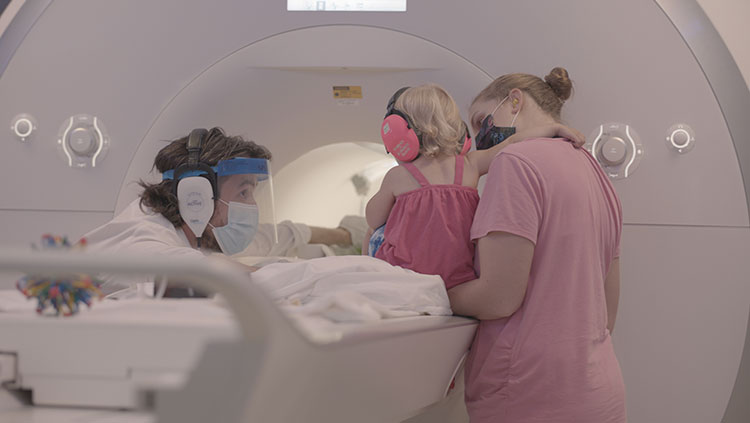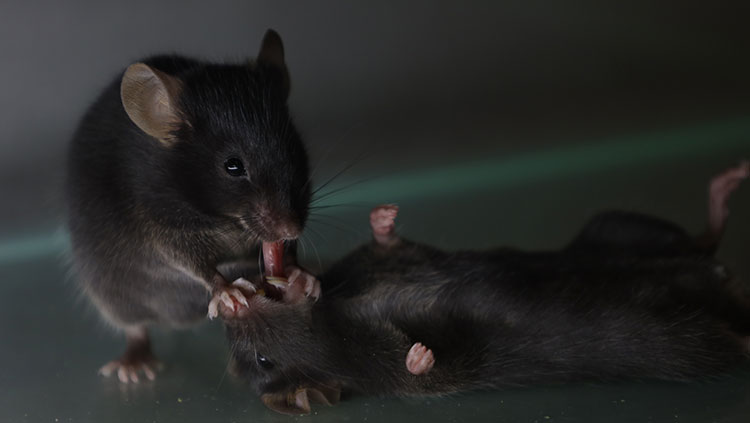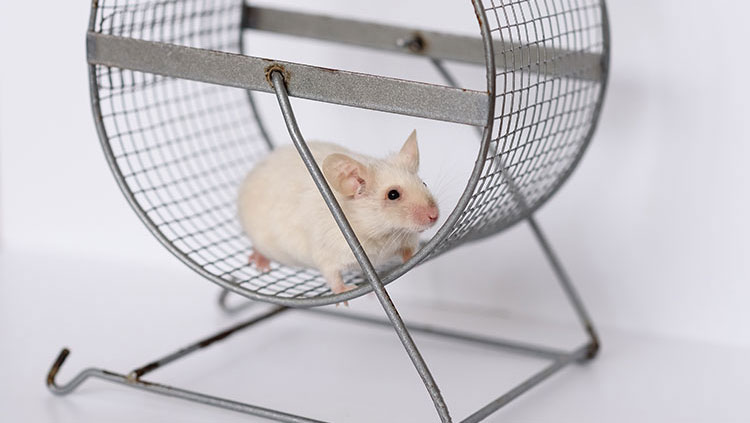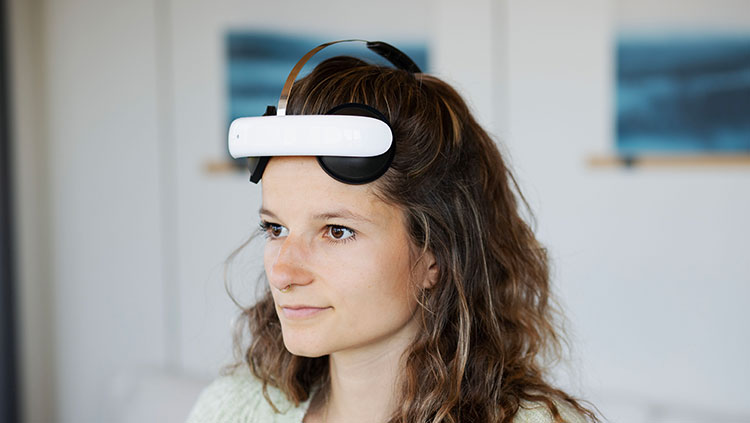ICYMI: Neuroscientists Reconstruct a Pink Floyd Classic Rock Using AI
- Published13 Sep 2023
- Author Christine Won
- Source BrainFacts/SfN
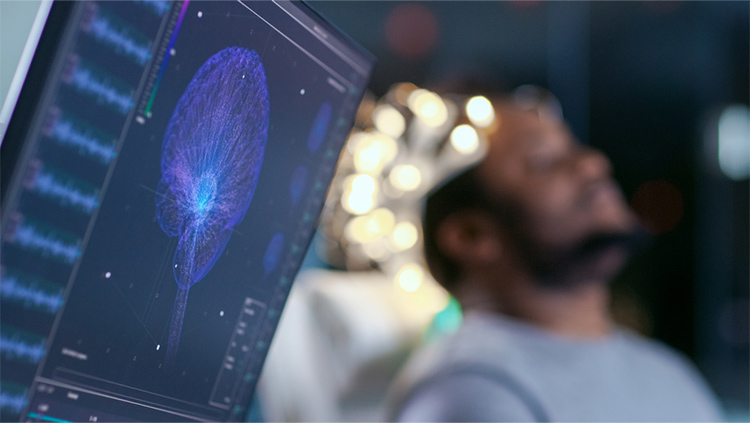
Artificial intelligence (AI) reconstructed Pink Floyd's 1979 classic, "Another Brick in the Wall, Part 1,” using the brain signals of 29 listeners.
The reconstruction is "muffled" but still recognizable, researchers wrote in their August 15 study in PLOS Biology. The study also revealed which parts of the brain activate in response to varying components of the song, which was chosen for its multidimensional features across pitch, rhythm, tone, chords, and more. The study identified a new subregion in the superior temporal gyrus — involved in auditory processing — that was keyed into musical rhythm.
The study participants already had a host of electrodes implanted in their brains — totaling 2,668 — to monitor and treat epileptic seizures, creating the rare opportunity for neuroscientists to analyze neural activity during music perception using AI and machine learning.
Big Picture: This marks another step in the development of brain-computer interfaces that seek to aid people who have lost their ability to speak communicate again. It also brings us closer to a reality where machines can eavesdrop on our thoughts.
Read More: Neuroscientists Re-create Pink Floyd Song from Listeners’ Brain Activity. Scientific American
More Top Stories
- Black and Hispanic people have double the risk of developing Alzheimer's compared with white people, but they make up less than 20% of clinical trials for Alzheimer’s treatments. Nature
- Spritzing your bedroom at night for a fragrant-rich sleep may boost your memory and cognitive function. Science Alert
- Honeybees exposed to artificial light during nighttime slept less, possibly affecting their ability to pollinate plants and waggle dance (or communicate). New Scientist
- The FDA's approval of zuranolone this month marks the first-ever pill for postpartum depression. NBC
- A 4.5% wheat gluten diet triggered brain inflammation in mice. Neuroscience News
- Taking proton pump inhibitors for over four years was linked to a 33% increased risk of dementia. Washington Post
- Injecting an experimental gene therapy into the brains of monkeys with alcohol addictions significantly curbed their drinking for more than a year. Live Science
- Prolonged exposure to wildfire smoke may increase the risk for dementia later in life. STAT
- Compared with nonsmoking teenagers, those who started smoking by age 14 had less gray matter in brain regions, which may contribute to lowered inhibition and increased risk-taking. CBS
- Europe's 10-year, $650 million Human Brain Project concluded without achieving its objective of digitally recreating the whole human brain. Nature
- Experts devised a checklist to determine whether an artificial intelligence has reached consciousness. Nature
- In a world first, a 3-inch-long roundworm was surgically removed from a human brain — still alive and wiggling — after the patient had complained of various symptoms, including diarrhea, depression, and forgetfulness. New York Times
CONTENT PROVIDED BY
BrainFacts/SfN
References
What to Read Next
Also In Neuroscience in the News
Trending
Popular articles on BrainFacts.org




